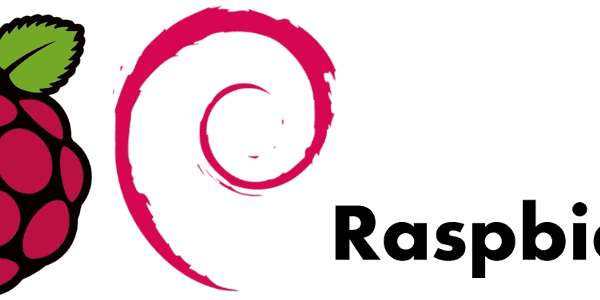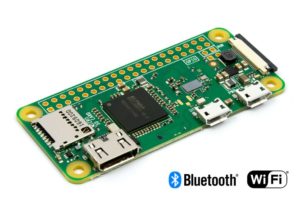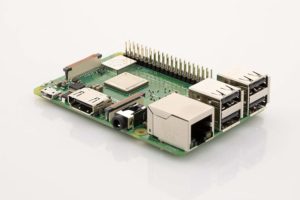Research report published: “Minimum security requirements for smart devices”
August 26, 2020 News...New website launched
May 25, 2020 NewsNew website launched
We are pleased to announce the launch of our newly designed company website.
Since 2011, innovation and wireless technology has been key at BlueMark Innovations. It has resulted in innovative products such as the WiFi/Bluetooth visitor analytics platform. The launch of the new website is another step forward to present our company and reach out to a larger customer base.
Key features of the newly redesigned website include a cleaner design alongside a better user experience for mobile devices and content aligning better with the business activities.
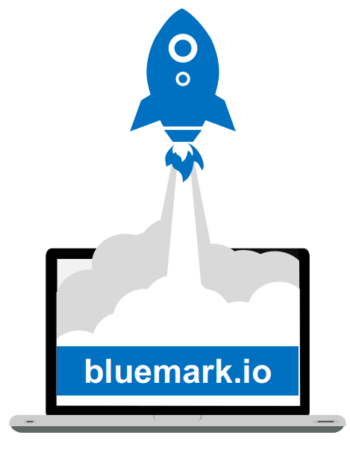
BlueScout – detect unwanted people around your house
April 8, 2020 NewsToday BlueMark Innovations BV has officially launched BlueScout; a product to detect unwanted people near or in your house by sensing and processing wireless traces that smartphones and other personal equipment leave.
It is a useful add on for home security systems that can reduce false alarms and gives new insights. BlueScout offers a professional service for security intelligence firms and system integrators.
Since December 2019 BlueScout is in use with a security firm and has completed a successful commercial pilot.
Products can be directly ordered at the product website. https://bluescout.co/
EU GDPR compliant
October 17, 2018 NewsBlueMark Innovations is pleased to announce that we have finished the Privacy Impact Analysis (PIA) for our WiFi and Bluetooth BLE analytics platform. A PIA is compulsory within the new European privacy laws (GDPR).
The General Data Protection Regulation (EU) 2016/679 (“GDPR”) is a regulation in EU law on data protection and privacy for all individuals within the European Union.
 The PIA is generated using the online GDPR compliance tool of ePrivacy GmBH, a leading firm in online IT audits with respect to privacy laws.
The PIA is generated using the online GDPR compliance tool of ePrivacy GmBH, a leading firm in online IT audits with respect to privacy laws.More information about how we protect privacy can be found at our privacy page.
Rapid prototyping with Raspberry Pi images
October 11, 2018 NewsWe have added support for Raspberry Pi hardware with Raspian OS. Raspberry Pi has become the leading platform in developing embedded applications. Although in the beginning Raspberry Pi platform had its issues, nowadays the platform runs smoothly. For rapid prototyping we provide a SD image (for SD cards with 2 GB or larger) running the latest Raspbian OS. Easy integrate WiFi/Bluetooth BLE detection with your own Raspberry Pi project.


Supported models are:
- Raspberry Pi Zero W
- Raspberry Pi 3B
- Raspberry Pi 3B+
The image provides both WiFi and Bluetooth BLE detection using on the on-board radio chips. To activate/unlock the firmware you only need a valid firmware license. The SD image gives you root access to the operating system, so you can easily add your own project to the image. Or just run it stand-alone for detection. If you need a trial license just gives us a call or mail us.
News (Page 4)
- Home
- BlueMark introduces drone Remote ID products
- News
- (Page 4)


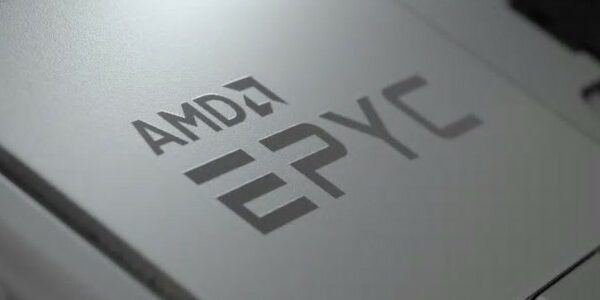

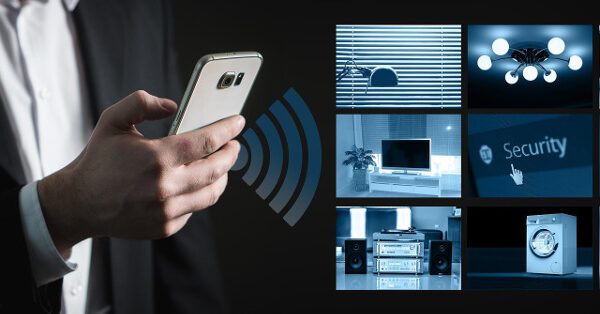



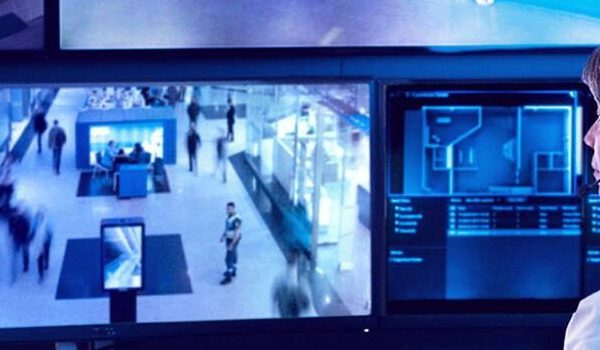

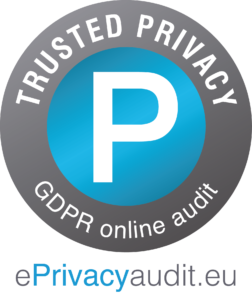 The PIA is generated using the online GDPR compliance tool of
The PIA is generated using the online GDPR compliance tool of 